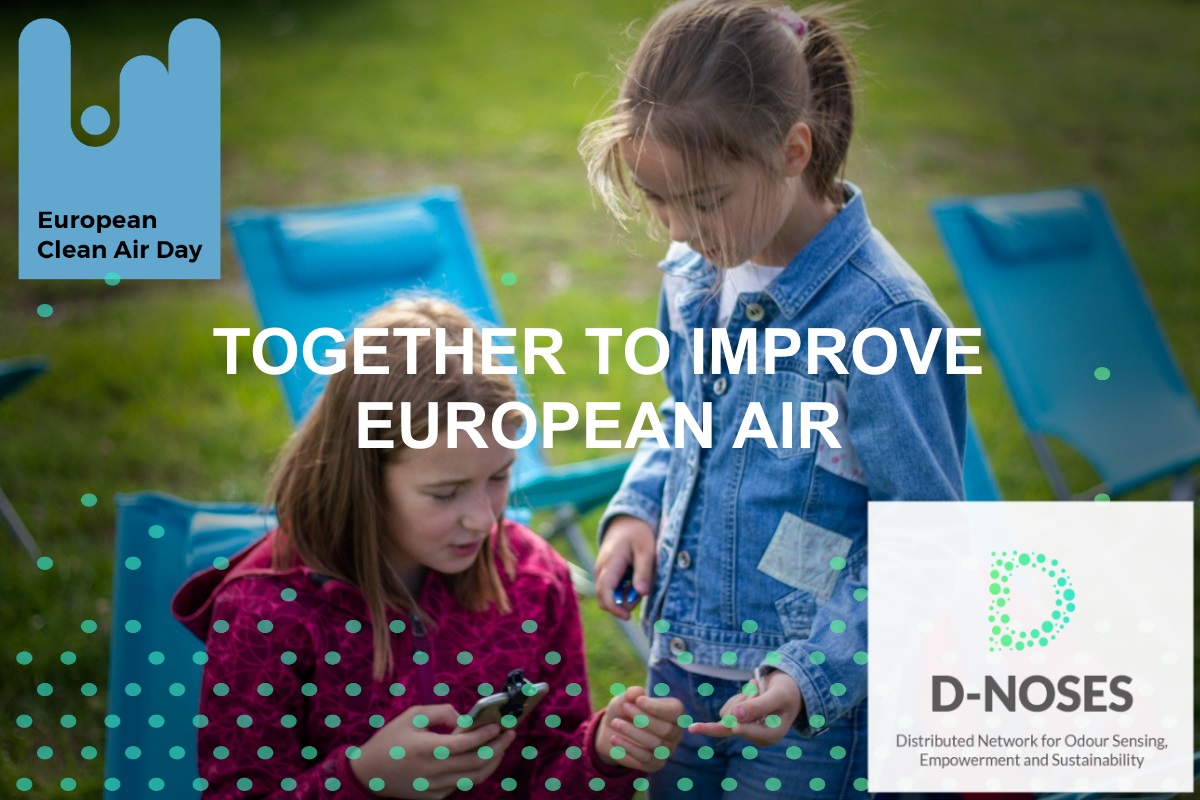
Odour-Free and Clean Air Day Europe
Today is European Clean Air Day. Let’s all remember that clean air is also free of odour pollution. Join the movement to map all odours and contribute to a cleaner environment for all. […]

Today is European Clean Air Day. Let’s all remember that clean air is also free of odour pollution. Join the movement to map all odours and contribute to a cleaner environment for all. […]
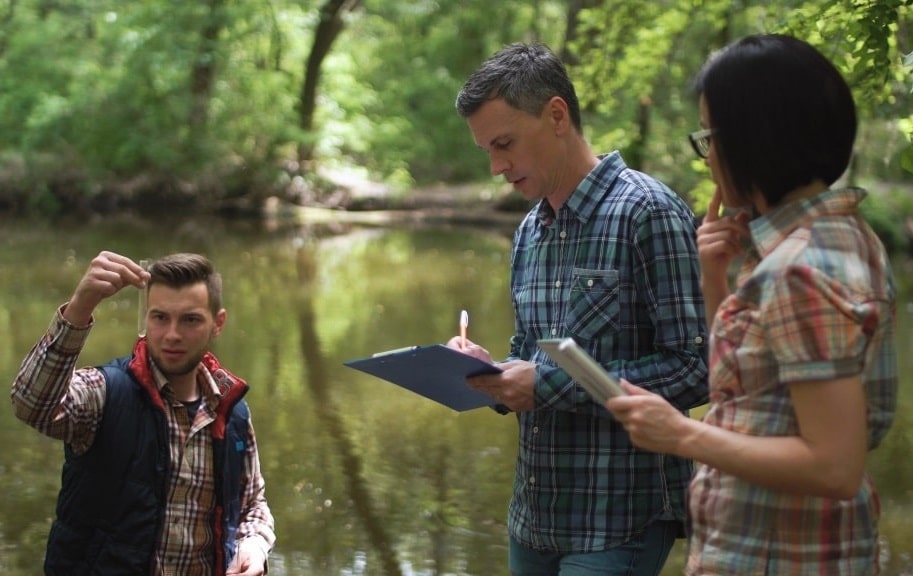
The validation of the data is a vital component of the D-NOSES method and citizen science in general. Only if we can show that the data is reliable can we expect the relevant stakeholders to take appropriate action. Various techniques are used in the D-NOSES pilots to ensure the collection of reliable scientific data from regular citizens. […]
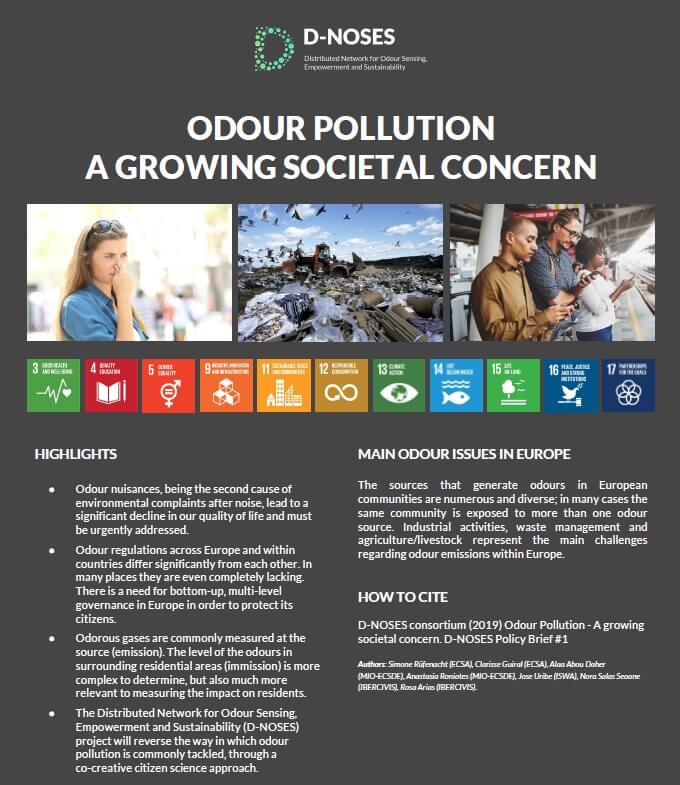
The complexity of the odour pollution question can make it difficult for stakeholders to fully grasp the issues. To support local decision-makers, emitting industries and affected citizens in understanding the key facts, D-NOSES has published a policy brief entitled “Odour pollution – A growing societal concern”. The aim is to give readers a short, four-page introduction to the issues and explain the practical value of the proposed D-NOSES solution. […]

Chile recently proposed to classify odours as pollution, at least partially due to 2 odour related crisis events that caught the attention of the nation. In statements, proponents of the law advocated the need to measure the impact of persistent odours on affected communities to avoid similar problems in the future. […]
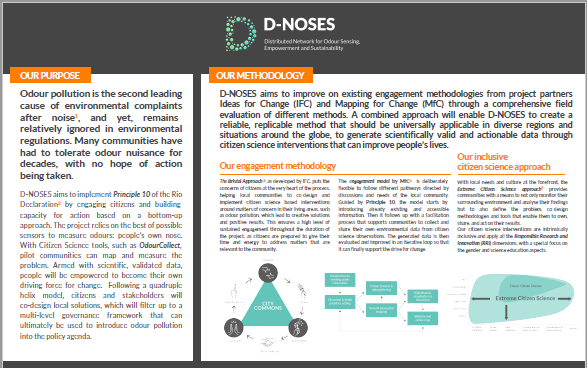
As digital technologies reach more people and make advanced tools more accessible, Citizen Science has increasingly been used to address practical problems affecting communities, with a particular focus on environmental issues. D-NOSES believes that citizen science, given the appropriate methods, can and should be taken seriously at a scientific as well as policy level. […]
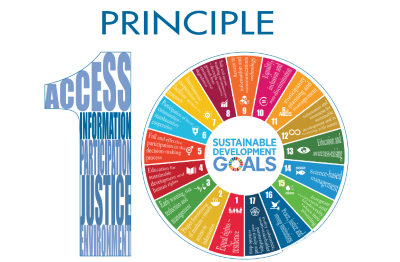
Principle 10 of the Rio Declaration provides access to relevant environmental data. But what if the data does not exist? Citizens must be given the ability to create valid scientific data that can support their interests in environmental issues, and is taken seriously at a policy level. […]

Growing recognition persistent odours as a serious problem is another sign that the time has come to introduce common sense odour controls that work to protect exposed populations. D-NOSES will play a part by collecting data and evidence of the problems, as well as suggesting creative pathways to fair and balanced solutions using a multi-level, and stakeholder inclusive odour governance model. […]
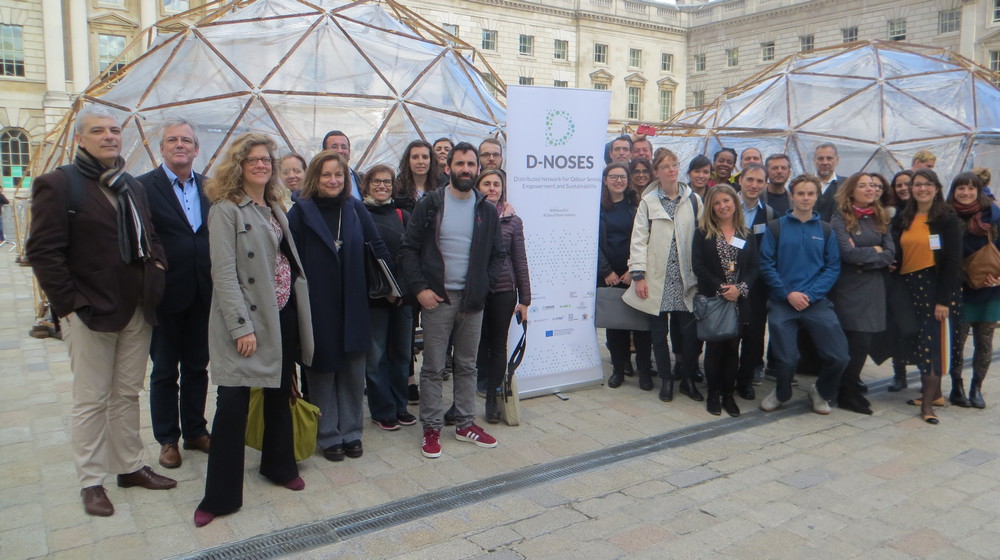
The EU-funded D-NOSES project held its kick-off meeting on the 25th & 26th April 2018 at the University College London campus. The project consortium, coordinated by the Ibercivis Foundation (Spain), combines experts in Responsible Research and Innovation (RRI), citizen science and co-creation, international associations, odour scientists, and includes universities and SMEs, local administration and public bodies from 9 countries. […]